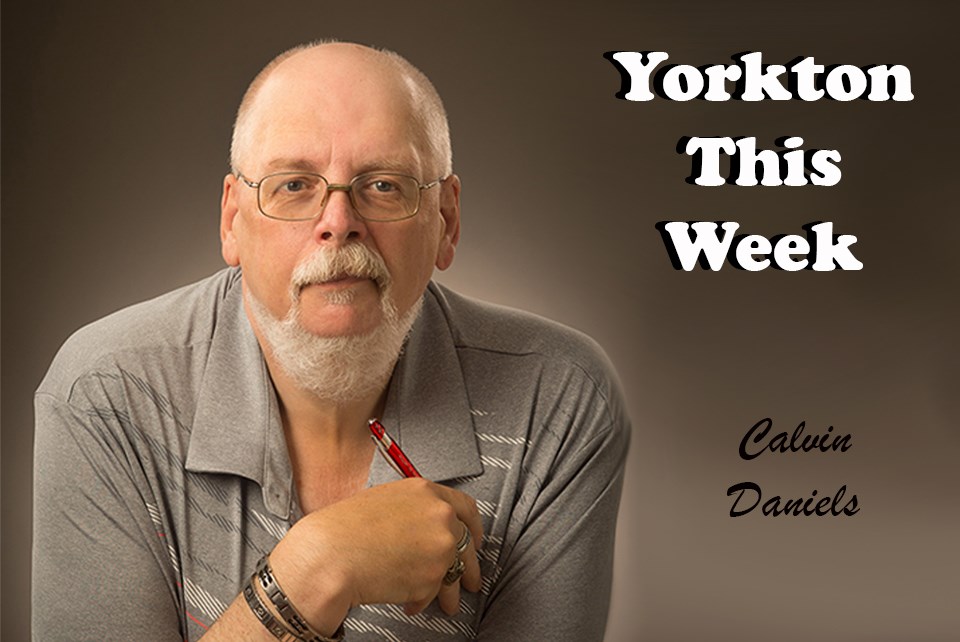YORKTON - When it comes to government there are three levels which impact our lives, and we might expect the three see each others as equals, at least when dealing with one another.
Certainly their responsibilities are different; the federal government dealing with other world governments, or local municipal governments worrying about the condition of the local main street as examples.
All three play their important role.
But, they also play by different rules.
At some point it was determined that the people we elect federally and provincially can collectively manage those levels of government going deep into red ink, somehow being wise enough to deal with debt and the payments associated with that.
But, it was at some point determined if you are on a local municipal government dealing with debt is somehow beyond the realm of local management, so by legislation they cannot budget with a deficit.
It seems somewhat patronizing of higher levels of government to be frank, although that isn’t particularly surprising.
Higher levels of government have a variety of tax tools available to raise money, and can create more as needed – the much maligned federal carbon tax a more recent incarnation as an example.
Local municipalities have property taxes, and then turn to higher levels of government asking for a better share of the pie in terms of dollars.
Long-time Yorkton Councillor Randy Goulden who was recently re-elected president of the Saskatchewan Urban Municipalities Association explained only nine cents of every tax dollar ends up in municipal coffers, yet it is the local level of government responsible for 60 per cent of the infrastructure we rely on.
It seems askew to be sure.
But the higher levels of government seem quite happy dictating what local municipal government do, how they do many things, and how they pay for it, rather than levelling the playing field somewhat.
“We need a new revenue structure,” said Goulden, adding they need a dialogue with the other levels of government regarding what a new structure might look like and how it might be implemented.
The current system dates back to confederation in 1867 and simply no longer fits current needs, said Goulden.
“We’re still using Queen Victoria’s hand me downs,” she said, adding nothing from more than a century ago is the same today including municipal funding needs.
That’s a massive case of understatement, and clearly more tools are needed at the local council table to do what needs to be done outside our collective front doors.
Change is needed.
Is the recently re-elected Scott Moe provincial government, and whoever we elect federally ready to negotiate change?
One would hope so, but the long history of the status quo system suggests it’s unlikely.






